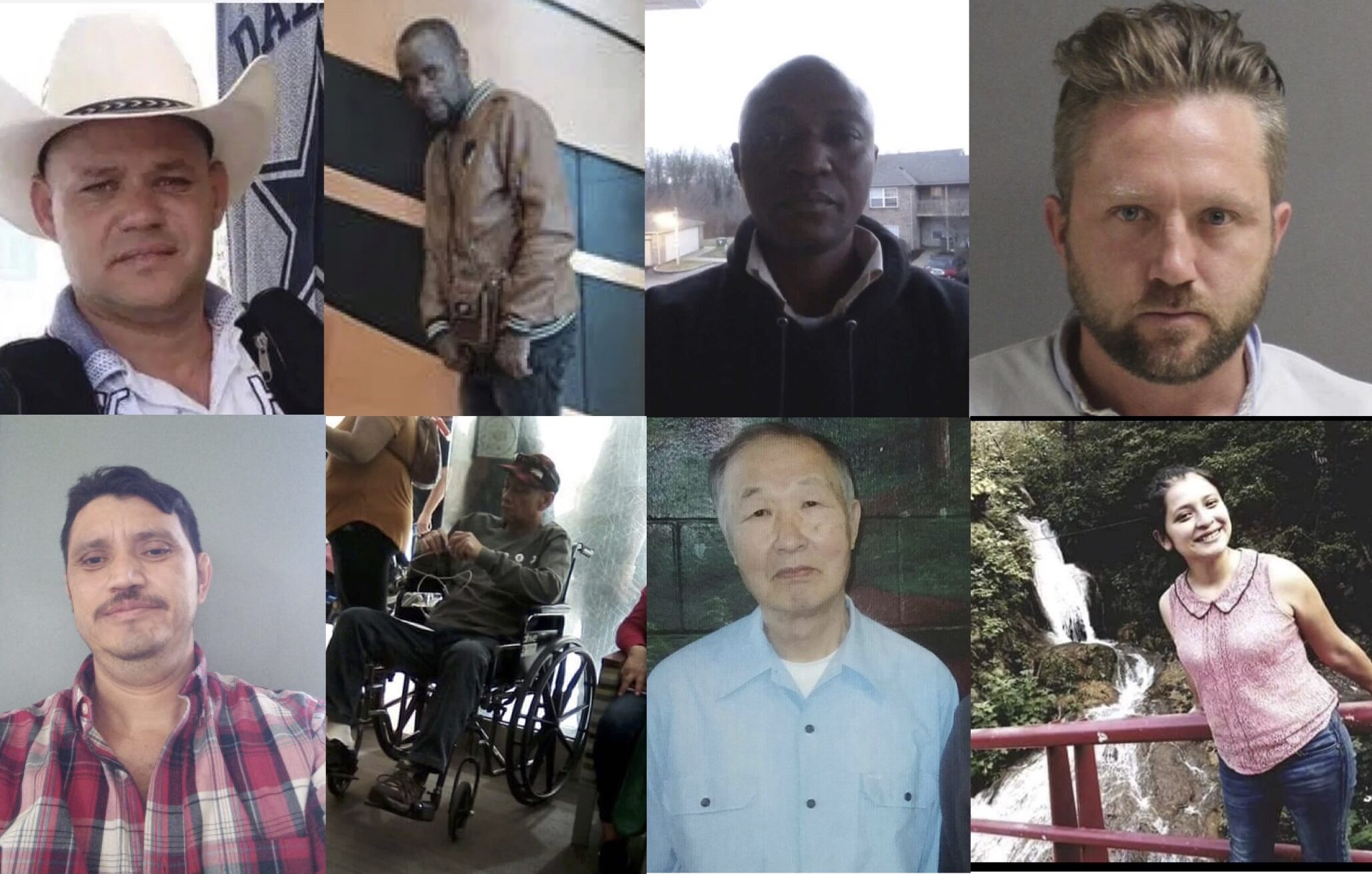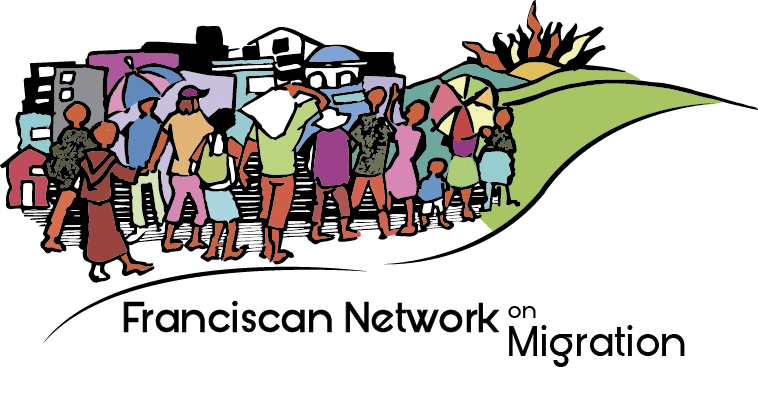Update on Hurricane Iota
On Monday, November 16, Hurricane Iota struck Nicaragua about 15 miles from where Hurricane Eta made landfall 13 days prior.
Quixote Center works to defend the human rights and dignity of the most vulnerable by influencing U.S. foreign and immigration policies, through educating our supporters, allied organizations, and government officials, and through actions directed at specific policies. Extreme poverty and vulnerability lead families to make the heartbreaking decision to migrate, to the United States or elsewhere. Our policy priorities address the root causes of migration in Haiti, Nicaragua and across Latin America and the Caribbean. We also defend the rights of migrants in the United States and work toward safe and non-exploitative legal pathways that recognize the important role immigrants play in our society and economy.
We educate our constituencies through:
Quixote Center impacts policies through:
Subscribe here to receive our weekly eblast.
You can view a recent webinar on Weapons Trafficking to Haiti here.
Click here for our latest action.
On Monday, November 16, Hurricane Iota struck Nicaragua about 15 miles from where Hurricane Eta made landfall 13 days prior.
Three weeks ago Dawn Wooten, formerly a nurse at Irwin County Detention Center, came forward with accusations that a doctor had performed medically unnecessary hysterectomies on many women who were at the Irwin Center under the custody of Immigration and Customs Enforcement. Irwin is run by a private, for-profit company, LaSalle Corrections.

[This post was updated on October 5 2020 ]
The comment period to protest the proposed changes to the US Asylum laws closes Wednesday July 15, 2020.
Speak out now!
To learn more about the proposed changes and what you can do to speak up against them please visit the Bay Area Border Relief page.

The Franciscan Network on Migration provides support to migrants traveling through Central America and Mexico. The network includes dozens of shelters and soup kitchens in the region. The shelters that we are working with most directly are the Frontera Digna in Piedras Negras, La 72 in Tenosique, and the Casa y Comedor San Francisco de Asís in Mazatlán, pictured below.